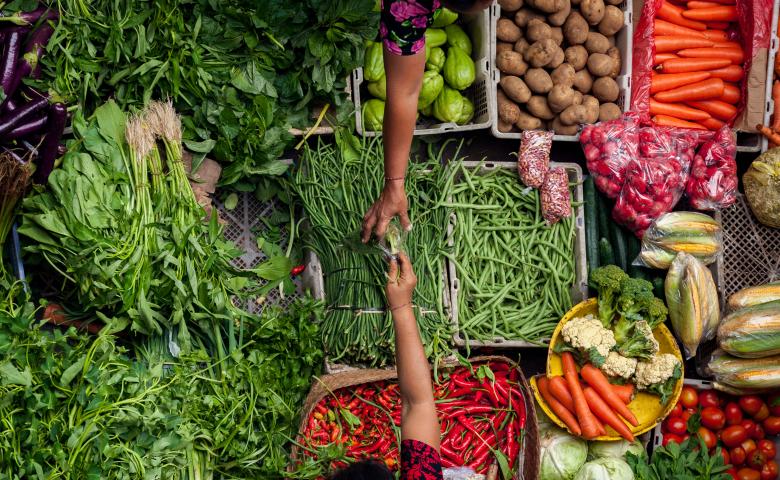From Denmark to the Netherlands, Canada to Tanzania, policy leaders shared powerful insights at the Organic Summit 2025, held on August 18–19 in Copenhagen, showcasing how national and regional strategies are shaping thriving organic movements and markets around the world.
One standout breakout session, “National & Regional Policies Upscaling Organic Farming and Markets,” brought together a diverse panel of organic policy experts. The panel aimed to inspire countries working toward developing or strengthening their own.
- Michael Wilde, Founder, The Organic Embassy (Netherlands)
- Katie Fettes, Director of Policy and Research, Canadian Organic Growers
- Paul Holmbeck, World Board Member, IFOAM – Organics International
- Mwatima Juma, Chairperson, Tanzania Organic Agriculture Movement (TOAM)
- Dr. Nic Lampkin, Thünen Institute and OrganicTargets4EU
Moderator: David McKay, Co-Director, Soil Association Scotland
Key Policy Learnings by Country:
- Successful policies motivate all players across the value chain, from farmers and processors to retailers and consumers.
- Strong capacity building in organic organisations plays a pivotal role in driving action in markets, policy, and farming communities.
- Organics are integrated into broader government strategies due to their proven benefits in climate action, biodiversity, rural development, and water quality.
- A combination of policy support, market initiatives, and sector development enabled Copenhagen to achieve 90% organic meals in public institutions like schools, hospitals, childcare centres, and government canteens.
- The country recently launched a strong new National Organic Action Plan with significant momentum.
- Backed by a €50 million investment, the Netherlands is advancing organic market development.
- Policies now support the creation of bio-districts, promoting regionally rooted organic economies.
- Persistent advocacy helps debunk common myths (e.g., “organic can’t feed the world”) early and effectively.
- National Action Plans serve as powerful recognition tools, highlighting the climate, biodiversity, and economic benefits of organic systems.
- Canadian organic organisations have joined forces to strengthen their policy voice and are co-developing a national Organic Action Plan.
- Quebec’s existing organic policy is seen as a strong national model.
- The national Climate Action Plan has provided a valuable platform for building alliances, such as “Farmers for Climate Solutions”, positioning organic agriculture as part of the climate solution.
- Tanzania’s National Organic Strategy focuses on market development, farmer training, bio-input access, and coordination across stakeholders.
- A dedicated Implementation Task Force ensures the strategy translates into concrete actions.
- Key challenges remain, especially around securing political will, financial support, and effective prioritisation of initiatives.
European Perspective & Research Insights
Moderator David McKay presented comparative findings from European organic action plans, noting the critical role of coordinated strategy and implementation.
Dr. Nic Lampkin shared insights from the OrganicTargets4EU project, emphasising the urgent need to strengthen capacity in organic sector organisations, as well as the importance of having national Organic Action Plans across all 27 EU member states.
He warned that without stronger policy support, the EU will fall short of its target of 25% organic farmland by 2030. With current growth rates, organic farming is projected to be far below the goal, reaching only 16% by that year.
The message from the session was clear: organic policy works. With proven benefits for climate, biodiversity, and rural livelihoods, governments must do more to support and scale organic strategies. It’s time to move from inspiration to action, and ensure national organic policies continue to grow, deepen, and deliver lasting change.



